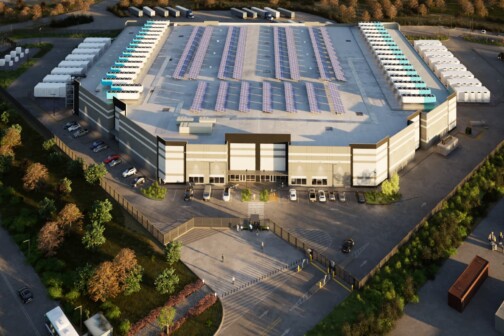
The urban sprawl of Dallas/Fort Worth is perhaps more iconic than any skyscraper, monument, or single infrastructure achievement. Our market has long-provided tenants a variety of office options, if not open space and historically low construction costs to build the ideal workplace to your business’s liking. As tenant advisers, we are often tasked with consolidating a client’s assets within one market to a single, dynamic space capable of supporting growth. However, in this market, a real estate portfolio of multiple and distinct satellite offices disbursed across the region may be the best solution for certain tenants. This strategy has been explored by larger companies to leverage their real estate portfolio in response to demographics, geography, and changing workplace preferences. In the current war for talent, office location can drive a site selection decision as much as amenities, as 30-minute commutes in our market takes us fewer miles with every passing year.
Real estate decisions for tenants are usually based on a combination of determining factors including the location’s proximity to the majority of the company’s workforce and/or executive leadership, the advantages the workplace layout or amenities provide for executing specific business services, the space’s attraction to top incoming talent, or simply rent and operating expenses considerations. For some companies a single space can satisfy all these factors. For others with a more expansive and diverse workforce and range of business services, it’s advantageous for operations, branding, corporate culture, and recruiting and retention to have a presence in a variety of the region’s distinct submarkets.
For example, downtown Dallas, and specifically the West End, has emerged as an innovation district with redeveloped historic space designed to be collaborative like popular co-working workspaces and flexible to meet the needs of fast-moving start-ups. This submarket also offers office space in walking distance to apartment complexes, bars, and restaurants as desired by millennials. We have seen established large space users take up smaller blocks in this area to establish satellite offices to support tech and creative knowledge workers. At the same time, they maintain headquarters or regional headquarters in submarkets like the Upper Tollway or Las Colinas that possess more traditional, high-end office product and are near residential suburbs that are home to many C Suite executives.
As the office market in Plano, Frisco, and other Collin County suburbs has exploded, we have seen large corporate tenants take action to gain a footprint in this area. Beyond the traditional qualifiers of available land, transportation, and a competitive labor pool, motivations to enter this submarket also include employee work-life balance. Creating a working environment that cuts down on the commuting time for employees with young families, living in neighboring communities helps foster an engaged and reliable workforce. While this area checks all the boxes, will the millennial who lives in the West Village or Deep Ellum make the commute? For some companies the question doesn’t have to be explored too deeply because they have decided to establish satellite offices to ensure that key labor not only be recruited, but retained. Our world is changing, our community is growing, and forward looking companies are responding to ever changing times.
For a more commoditized work force, consolidation is often the best direction. However, the office product and submarkets that have exploded in correlation with North Texas’s extraordinary population, economic, and development growth over the last decade offer tenants an opportunity to use their real estate portfolio to increase exposure to a wide range of consumers and businesses. The trends we see today aren’t going away, the current cycle is more of an evolution of the community that will forever change how dependent relationships are fostered.
Frank McCafferty is the executive managing director and co-branch manager of Savills Studley’s Dallas office.




